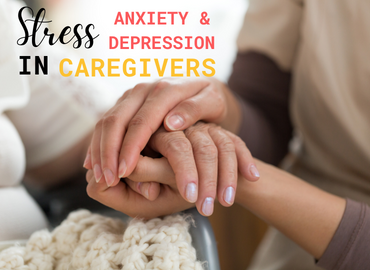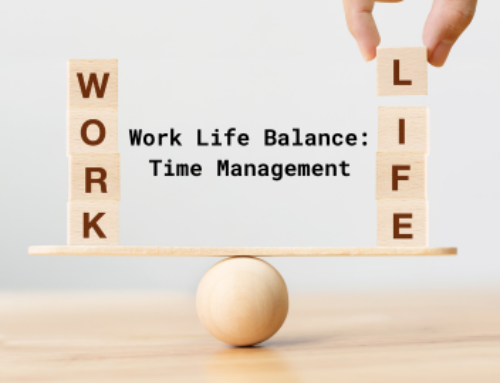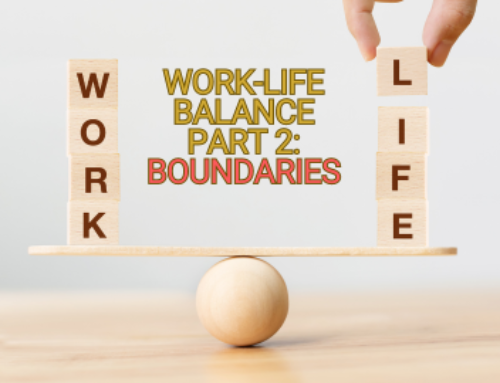Stress, Anxiety, and Depression in Caregivers
A Growing Need for Care
According to the Mayo Clinic, as the population ages, more caregiving is provided by people who are informal caregivers. This does not denote the importance of their work; it refers to people who are not healthcare professionals.
Currently, this number is already 1 in 3 adults in the United States, and that only refers to those who are informal caregivers to adults. Being a caregiver can be temporary, such as attending to a spouse who has the flu, or indefinite, such as caring for an elderly friend.
Stressors on the caregiver vary by situation. One who provides care to a person with memory problems versus someone who has recently given birth or has limited mobility will face different stressors, and some of the same. Some of these are:
- Physical exhaustion.
- The stress of high expectations.
- Feeling isolated.
- Anxiety, whether targeted, ambient, or both.
- Feelings of guilt for complaining or wanting help.
- Depressive symptoms, like prolonged sadness, despair, etc.
- Missing out on other relationships or activities.
- The stress of caring for someone who is suffering in one way or another.
- Tedium from consistent need and/or repetitive tasks.
- The workload of caregiving plus other responsibilities.
Care for the Caregiver
If at all possible, any caregiver should have access to help for themselves to live a fulfilling life and make certain that the person who needs care has their needs met. A few tips for the caregiver:
- Ask for help from those close to you. Prepare a list of your existing responsibilities and what care you can provide. Prepare another list of your needs that others can help you with, such as a load of laundry every week, or grocery delivery.
- Reach out to the community. Take advantage of any resources you can, like respite care, housekeeping services, daytime care, transportation, and more.
- Do not accept guilt. We do not have to be perfect. We each do our best, and our best is the best we can do. It is ok to tell people no, as in declining to host Thanksgiving dinner that year, or asserting that physical accommodations are needed.
- Make realistic goals. When possible, break tasks into smaller steps, keep updated lists, and establish healthy routines.
- Isolation is the last thing a caregiver needs. Check out support groups in your area or online. They not only provide validation and friendship, but others will have wisdom and resources to offer.
We Care for You
If you or someone close to you is experiencing caregiver stress, take advantage of the resources suggested here and consult medical professionals. A GP should always be seen when experiencing these hardships and before beginning any new healthcare regimens. Rochester Holistic Psychiatry offers psychiatric care in person and online, plus these services. Call us at (585) 442-6960 or contact us here with any questions.





